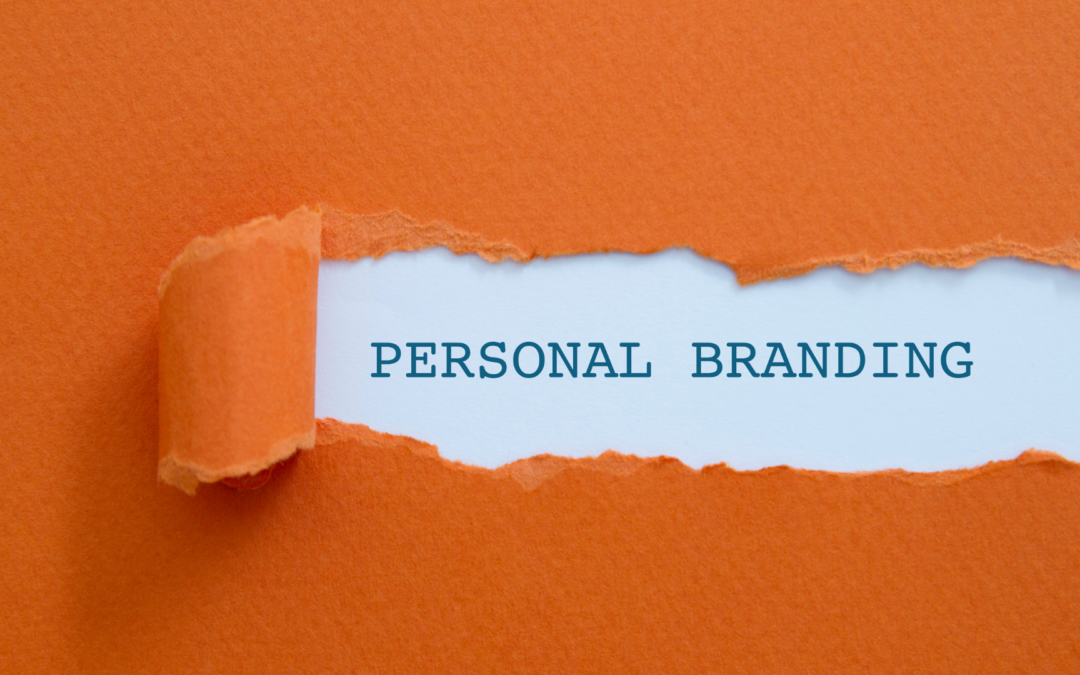In the business world, your brand is everything. It’s what sets you apart from your competitors and helps you build trust with your target audience. But what exactly is a brand? And what’s the difference between personal branding and company branding? Keep reading to find out.
What is a Brand?
Your brand is more than just your logo or your tagline. It’s the total of everything your customers think, feel, and say about you. It’s how they perceive you, and it’s what determines whether they’ll do business with you.
Think about it this way: when you hear the name “Nike,” what comes to mind? Maybe it’s their iconic swoosh logo, or their slogan “Just Do It.” But chances are, it’s also the feeling of being active and successful. That’s because Nike has done an excellent job of creating a strong brand that resonates with their target audience.
The Difference Between Personal Branding and Company Branding
Now that we know what a brand is, let’s talk about the different types of branding. There are two main types of brands: personal brands and company brands.
A personal brand is exactly what it sounds like—it’s a brand that’s built around a single person. Usually, personal brands are associated with entrepreneurs, thought leaders, or public figures. For example, Tony Robbins is a well-known personal brand in the self-help space.
On the other hand, a company brand is built around an entire organization. When you hear the name “Apple,” you probably think of sleek design, cutting-edge technology, and innovation. That’s because Apple has spent decades building a strong company brand that appeals to consumers who want the best of the best.
So, which type of branding is right for you? If you’re a small business owner, personal branding is probably your best bet. Here are three reasons why:
-
You Have More Control with Personal Branding
When you’re building a personal brand, you have a lot more control over how people perceive you and your business. You can carefully craft your image and position yourself as an authority in your industry. This isn’t always possible with company branding, where there are often multiple stakeholders involved in decisions about the direction of the brand.
-
Personal Branding Is More Flexible
Another advantage of personal branding is that it’s much more flexible than company branding. As your business grows and changes over time, your personal brand can evolve along with it without having to start from scratch. This can be very difficult (and expensive) to do with company branding.
-
Personal Branding Helps You Build Trust with Your Customers
Finally, personal branding can help you build trust with your target audience by making your business seem more relatable and human. Customers are more likely to do business with someone they know, like, and trust—and personal branding can help you achieve that goal.
Personal branding offers many benefits for small business owners—especially when compared to company branding. With personal branding, you have more control over how people perceive you and your business; it’s more flexible; and it helps you build trust with customers by making your business seem more relatable and human. If you’re ready to start building your own personal brand, contact Purple Cow Branding today! We specialize in helping small businesses create strong brands that resonate with their target audiences.


Recent Comments